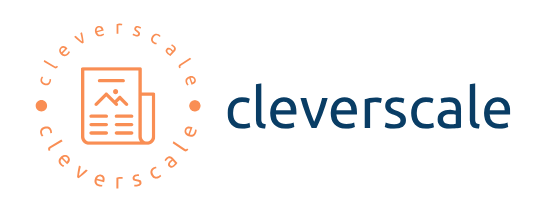
Understanding the Landscape of Debt Management in the USA:
In the complex world of personal finance, effective debt management is a crucial skill for individuals striving to achieve financial wellness. Navigating debt in the USA requires a thoughtful approach, considering various factors that influence one’s financial situation.
Types of Debt and Their Impact:
Debt comes in various forms, from credit cards and student loans to mortgages and car loans. Each type of debt carries its own set of implications for personal finances. Understanding the impact of different debts is fundamental to developing a comprehensive debt management strategy.
Creating a Detailed Budget:
A cornerstone of successful debt management is establishing a detailed budget. Tracking income, expenses, and discretionary spending allows individuals to identify areas where they can cut back and allocate more funds toward debt repayment. A well-planned budget serves as a roadmap to financial stability.
Prioritizing Debt Repayment:
Not all debts are created equal, and prioritizing repayment is essential. High-interest debts, such as credit card balances, often take precedence due to their potential to accumulate rapidly. Developing a systematic approach to paying off debts can lead to faster progress and significant interest savings.
Consolidation and Refinancing Options:
Debt consolidation and refinancing are strategies that can simplify the repayment process. Consolidating multiple debts into a single loan or refinancing existing loans at lower interest rates can make monthly payments more manageable. However, it’s crucial to assess the long-term impact on overall debt costs.
Seeking Professional Guidance:
For individuals facing overwhelming debt, seeking guidance from financial professionals can be invaluable. Credit counselors and debt management advisors can provide tailored strategies, negotiate with creditors, and offer support in developing a sustainable plan for debt repayment.
Understanding Credit Scores:
Debt management is closely tied to credit scores, which play a significant role in financial well-being. Timely debt payments positively impact credit scores, opening doors to better interest rates and improved financial opportunities. Monitoring credit reports is essential for identifying and addressing any discrepancies.
Emergency Funds and Future Planning:
Establishing an emergency fund is a proactive step in effective debt management. Having a financial cushion can prevent individuals from accumulating additional debt in times of unexpected expenses. Furthermore, incorporating future financial planning into debt management ensures a sustainable approach to long-term financial health.
Educational Resources for Informed Decision-Making:
In the digital age, access to educational resources is crucial for informed decision-making. Platforms like Debt Management USA offer valuable information, tools, and resources to empower individuals in their journey towards effective debt management.
Celebrating Milestones and Staying Motivated:
As individuals make progress in their debt management journey, celebrating milestones is important. Recognizing achievements, no matter how small, helps maintain motivation and reinforces positive financial habits. Consistency and perseverance are key elements in achieving long-term debt management success.
In conclusion, debt management in the USA is a multifaceted endeavor that requires a combination of financial literacy, strategic planning, and discipline. By understanding the various aspects of debt, implementing effective strategies, and utilizing available resources, individuals can work towards financial freedom and a debt-free future.



